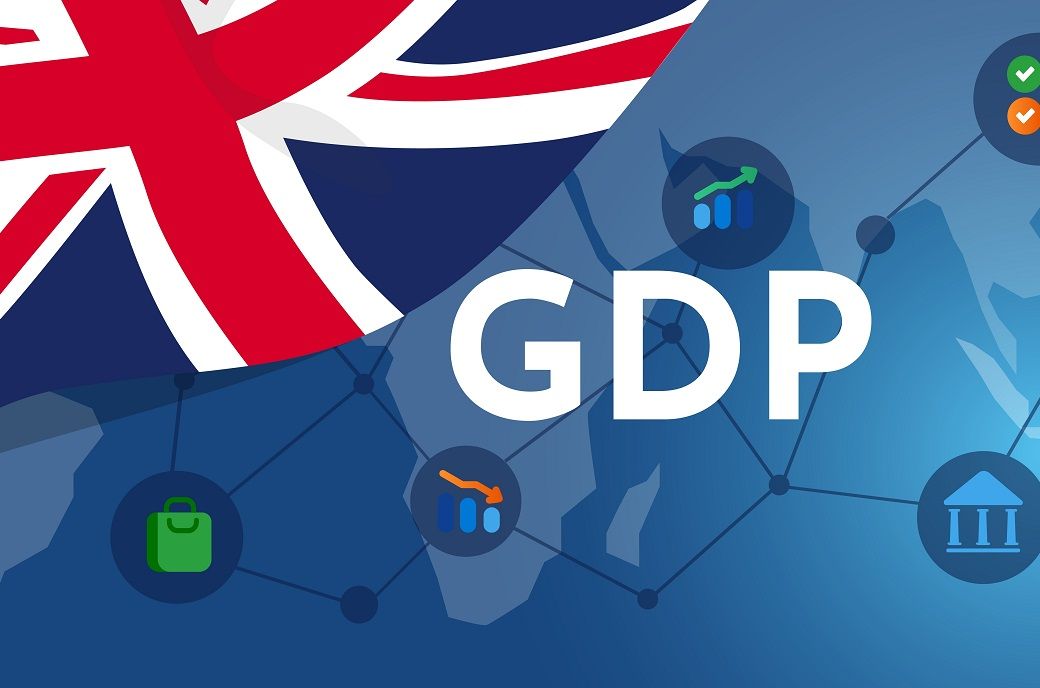
The downgrade reflects increasing domestic cost pressures and continued global uncertainty. In its latest Economic Forecast, the CBI noted that while the year began with promising growth, momentum has slowed due to persistently weak demand, cautious business sentiment, and rising employment costs.
Employment costs, driven by increases in National Insurance contributions, reduced thresholds, and a higher National Living Wage, have hit labour-intensive sectors like retail and hospitality particularly hard. These pressures are expected to reduce hiring, raise prices, squeeze profit margins, and limit wage growth.
Business investment, already dampened by the Autumn Budget, is forecast to grow only modestly due to temporary spikes in the first quarter (Q1) 2025. CBI survey revealed that capital expenditure intentions are at their weakest in nearly five years.
International factors also pose risks. Higher US tariffs are expected to modestly reduce UK exports and investment, while overall global volatility continues to weigh on business sentiment.
On the consumer front, household spending is expected to gradually strengthen in 2026, supported by rising real incomes, lower interest rates, and easing inflation. However, inflation is set to stay above 3 per cent through 2025 due to high energy and regulated prices before softening to 2.5 per cent next year.
Labour market conditions are forecast to soften, with unemployment rising to 4.8 per cent and wage growth easing in 2026. Meanwhile, interest rates are projected to fall gradually, reaching 3.5 per cent by early 2026 as the Bank of England cautiously moves towards its 2 per cent inflation target.
Despite these adjustments, the UK’s long-term growth prospects remain constrained by poor productivity. Output per worker is expected to stay below pre-pandemic trends, posing a continued drag on economic progress and living standards.
“Our latest Economic Forecast underlines the challenges facing businesses and the wider economy as they’re buffeted by domestic and global headwinds. The unpredictable global outlook combined with rising employment costs, gloomy business sentiment, and subdued investment intentions means it’s more important than ever that government pulls all the levers it can to set the UK on a path to sustainable growth,” Louise Hellem, chief economist at CBI, said in a press release. “The spending review signalled a downpayment on hardwiring the growth mission into government priorities, with targeted investment that will raise the long-term ceiling of the economy. But we know that the innovation, investment, and jobs necessary for growth will come from business, not Whitehall, and that government must work with business to create the right conditions to help shift the economy out of low gear.”
“With GDP set to remain modest in 2026, there is an important opportunity for the government to fire up the growth agenda in the forthcoming Industrial Strategy. With the cumulative burden of increased costs being felt by firms across the economy, it is vital the Industrial Strategy helps drive a thriving environment for all businesses. A missing part remains a joined-up people strategy to make sure our industries have the skills, and the labour needed to go after growth opportunities. Unlocking investment through a comprehensive skills strategy, funding the growth & skills levy, tackling high energy costs for UK firms, and setting out a national strategy on tech adoption could help to establish a reinvigorated partnership model for effective collaboration between both government and business,” added Hellem.
ALCHEMPro News Desk (SG)
Receive daily prices and market insights straight to your inbox. Subscribe to AlchemPro Weekly!